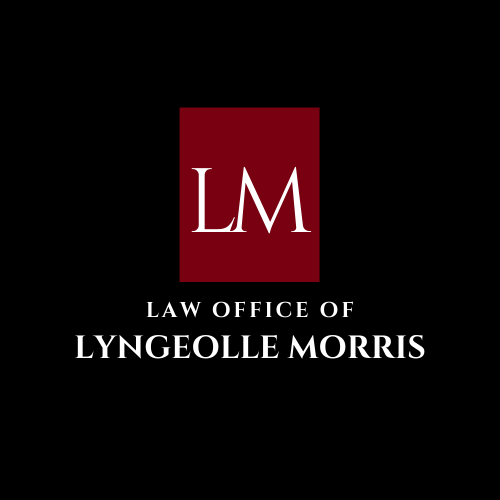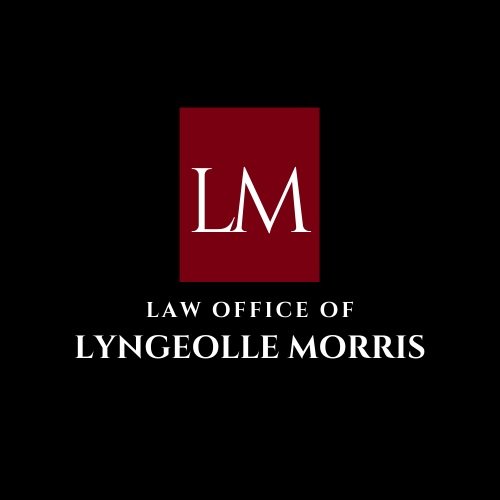How To Settle Your Loved One’s Estate: The Probate Process Explained
Losing a loved one can be one of the most difficult experiences that you can go through, as you come to terms with the death of someone dear to you, whether it’s a spouse, partner, parent, child or other relative. You will want to take the time you need to grieve and process the death of your loved one.
You will also want to also make sure that you take the necessary steps to honour the last wishes of your loved one, which will involve making preparations to settle your loved one’s estate.
In this article, we will go through the step-by-step process involved in settling your loved one’s estate where he or she has left a Last Will & Testament.
What is Probate?
Probate is the legal process required to administer the estate of the deceased, including validating formally appointing the Personal Representative of the estate and legally authorizing the payment of expenses and distribution of the estate of the deceased.
Where the deceased died leaving a valid Will, the probate process gives effect to the Will in question.
Probating the Will is therefore required to facilitate the distribution of the assets to the beneficiaries named under the Will. In order to transfer the property of your loved one, you must go through the Court to validate the Will and formally appoint the Executor to settle the estate.
How Does the Probate Process Work in Barbados?
In Barbados, the probate process is governed by the Succession Act and the Supreme Court of Judicature (Non-Contentious Probate Rules, 1959). The application is made at the Probate Registry of the Supreme Court of Barbados, typically through the services of an attorney.
Below, we will share the steps involved in setting your loved one’s estate:
Determine who will be the Personal Representative of the estate
The Personal Representative of the estate where the deceased has left a Will is the Executor or Executrix under the Will. This person will be responsible for managing the estate and ensuring that the estate is distributed according to the final wishes of the deceased.
To determine who is named as the executor or executrix under your will, you will have to review the terms of the Will, where the name or names will appear.
Gather important information related to the estate of the deceased
Once the executor has been identified, you should begin gathering all relevant information and documentation related to the deceased. This will include locating the Will of the deceased, obtaining documents such as: the death certificate, documents showing evidence of the the assets and expenses of the deceased and the names of all relevant institutions that the deceased conducted business with.
Notify all relevant parties
The executor will then have the responsibility of notifying all creditors and beneficiaries about the death as well as his or her intention to commence the probate application.
Create an inventory of the property of the deceased
Once this has been done, the executor will need to prepare an inventory of the property of the deceased, providing details on the assets that the deceased owned at the time of his or her death and the value. Assets will include any vehicles (cars, trucks, motorcycles, boats, etc.) real estate, cash, investments, bank accounts, insurance policies, personal property and intellectual property that the deceased owned up to the date of his or her death. The executor will also be required to prepare a list of the expenses and their corresponding value. Expenses will include loans, credit card debts, utility bills, mortgages and taxes. From there, a net value of the estate would be prepared.
File the Probate Application
Once the above has been completed, the executor will file the probate application with the Probate Registry at the Supreme Court.
You should consult with your attorney about preparing all necessary documents needed to prepare the application.
Before filing the application, an advertisement will need to be published within the newspaper and the Official Gazette, giving notice of the intention to apply for a Grant of Probate.
Transfer the estate according to the will and according to law
Once the application has been approved by the Court, the executor will be issued with the ‘Grant of Probate’ or ‘Letters Testamentary’ which is the legal document that formally appoints the Executor by the Court.
This document authorizes the Executor to distribute the estate of the deceased according to his or her wishes under the Will.
Before the Executor can distribute the assets, he or she must first pay all of the deceased expenses and final bills, including funeral expenses and all expenses involved in administering the property of the deceased person (also known as testamentary expenses).
Once this is completed, the executor will be authorized to effect all transfers to the relevant beneficiaries under the Will.
After the estate has been settled, the Executor is required to file with the Court an account of the administration of estate of the deceased.
What Documents Should You Begin Preparing to Complete the Probate Process?
Original Will of the deceased
Birth certificate
Death Certificate
Registration of Death Certificate or Cause of Death Certificate
Marriage Certificate (where applicable)
Inventory of all Assets and Liabilities of the estate
Proof of assets – bank account statements, title deeds, insurance policy documents, proof of ownership for vehicles
Proof of expenses – utility bills, loan agreements, credit card statements, tax bills, funeral expenses
Name(s) and address(es) of Executor(s)
Name and address of Guardian for minor children (where applicable)
Name(s) and address(es) of beneficiary or beneficiaries
Conclusion
As outlined above, settling your loved one’s estate involves a detailed step-by-step legal process. Where the deceased has left a Will, probate proceedings will be need to be started in order to settle any debts and to formally authorize the distribution of the assets of the deceased.
Questions?
To learn more about how you can finalize the settling of your love one’s estate, you should consult with an attorney who can help guide you through the process every step of the way. If you have any further questions about the probate process, you can contact us by clicking here to learn more.


